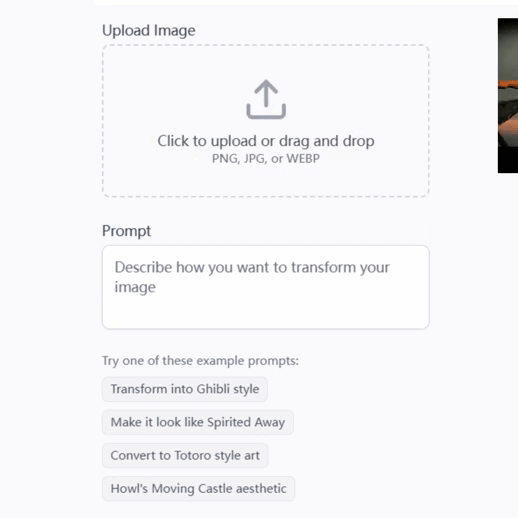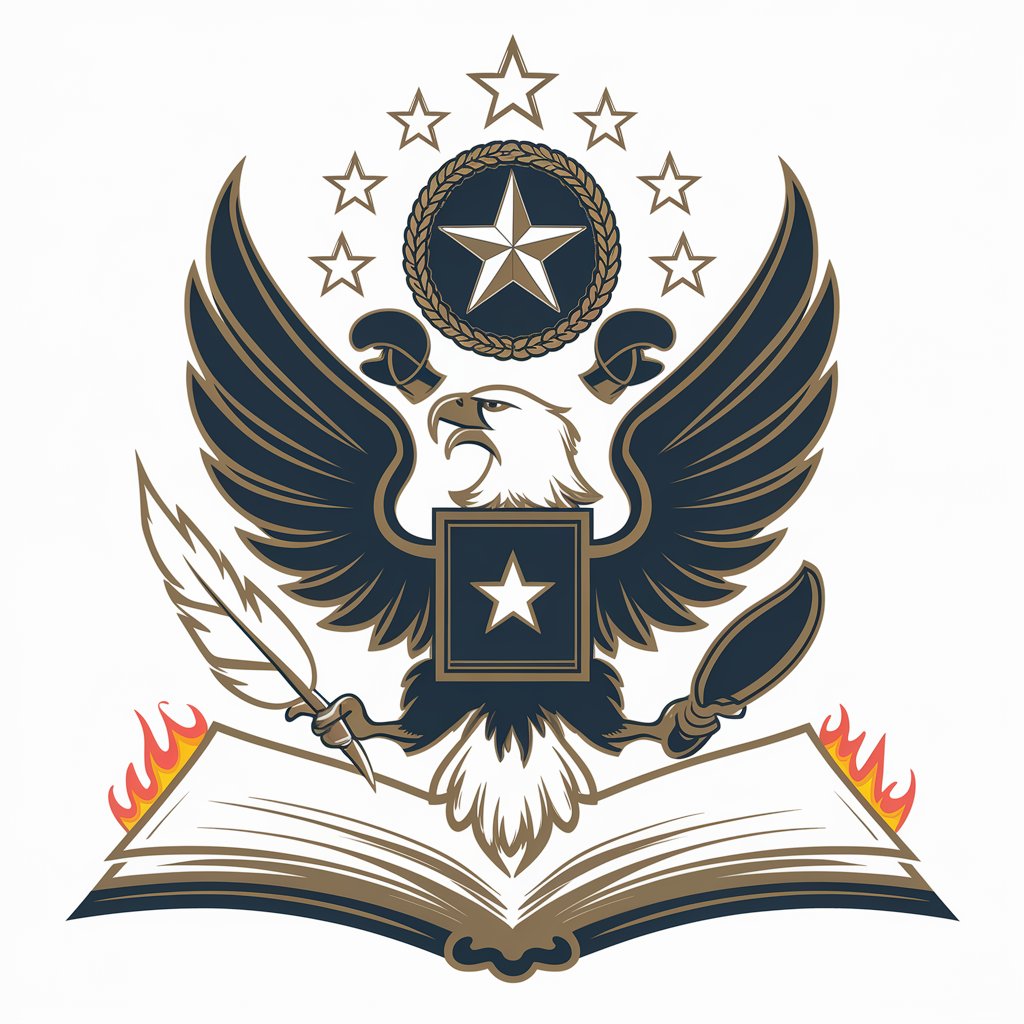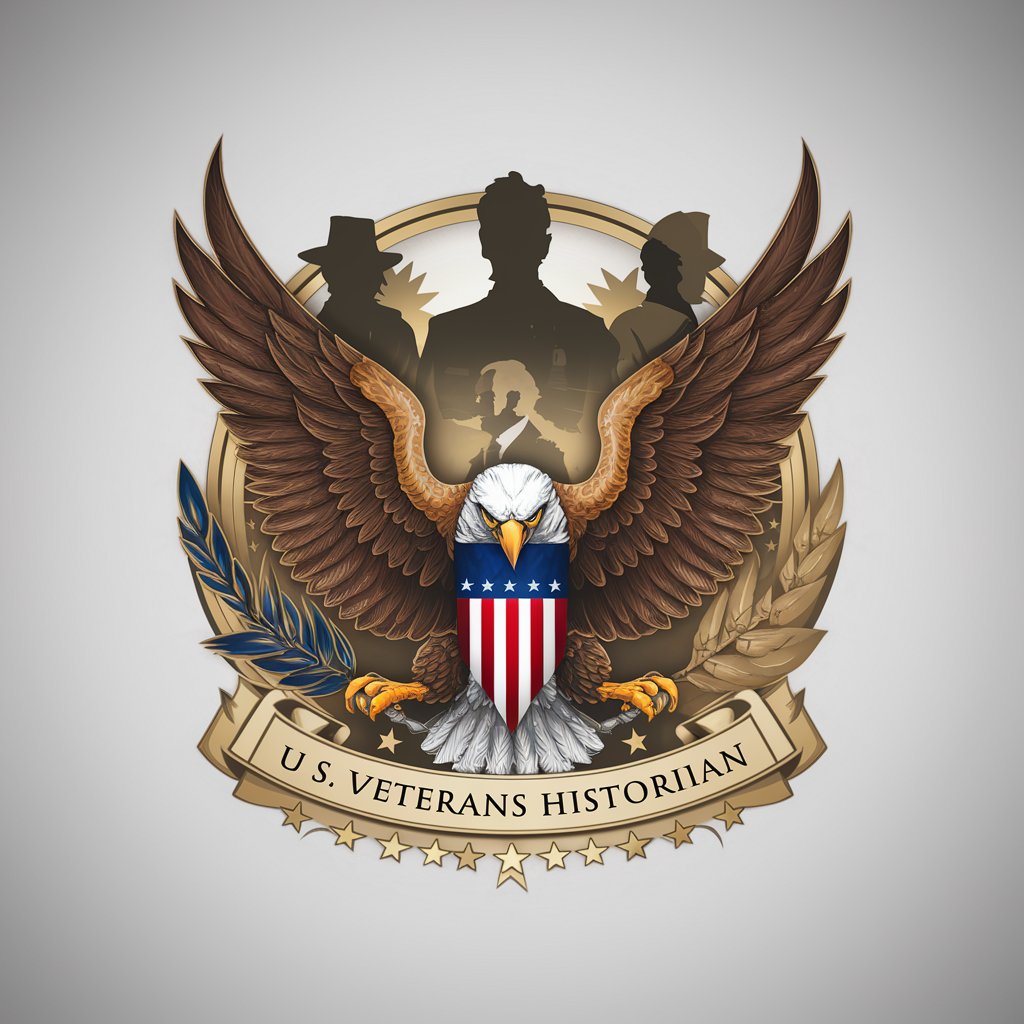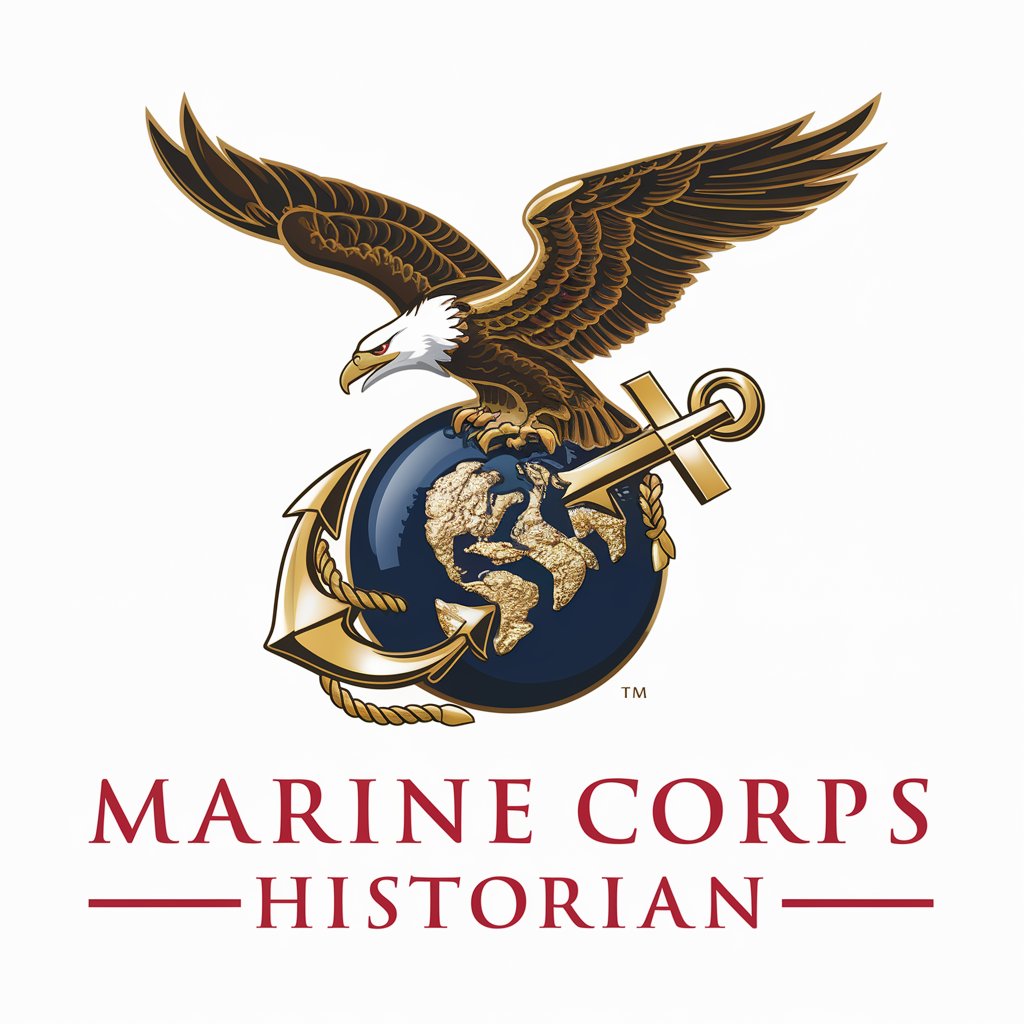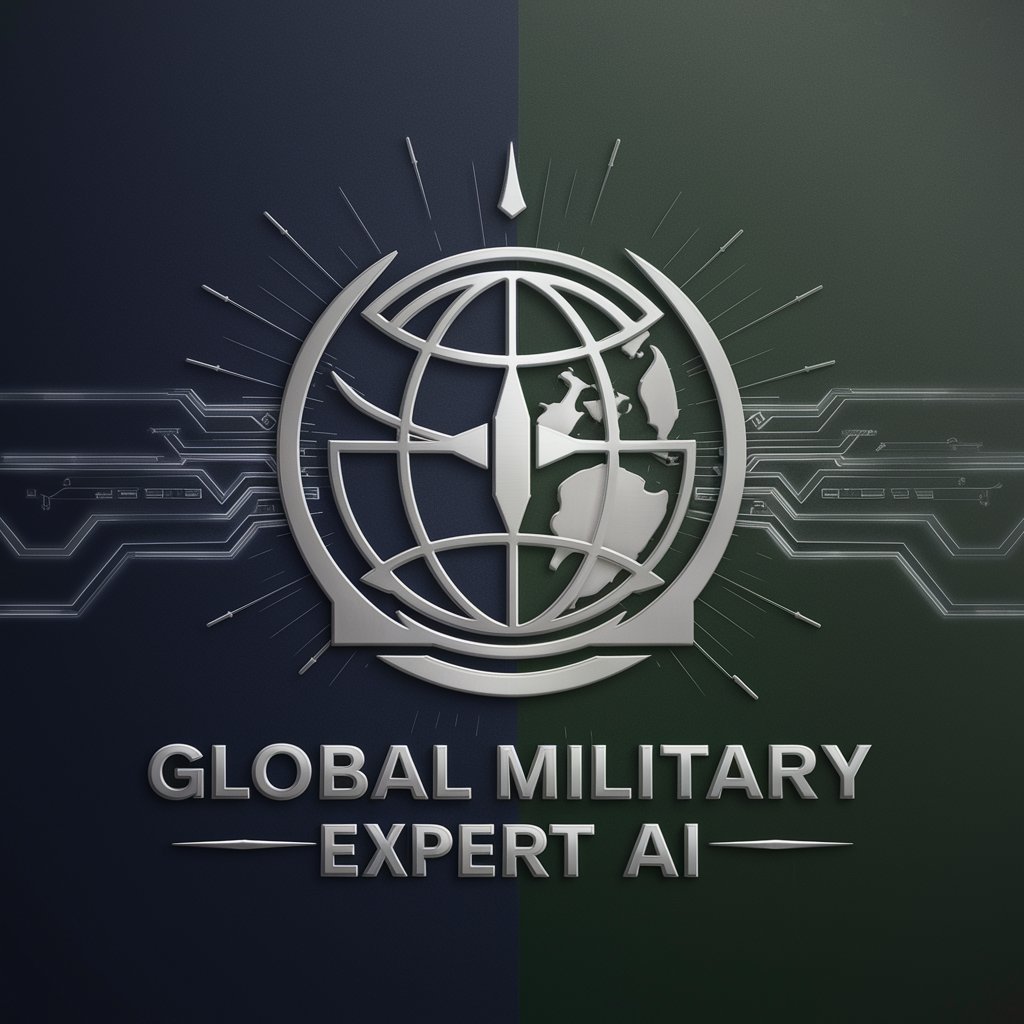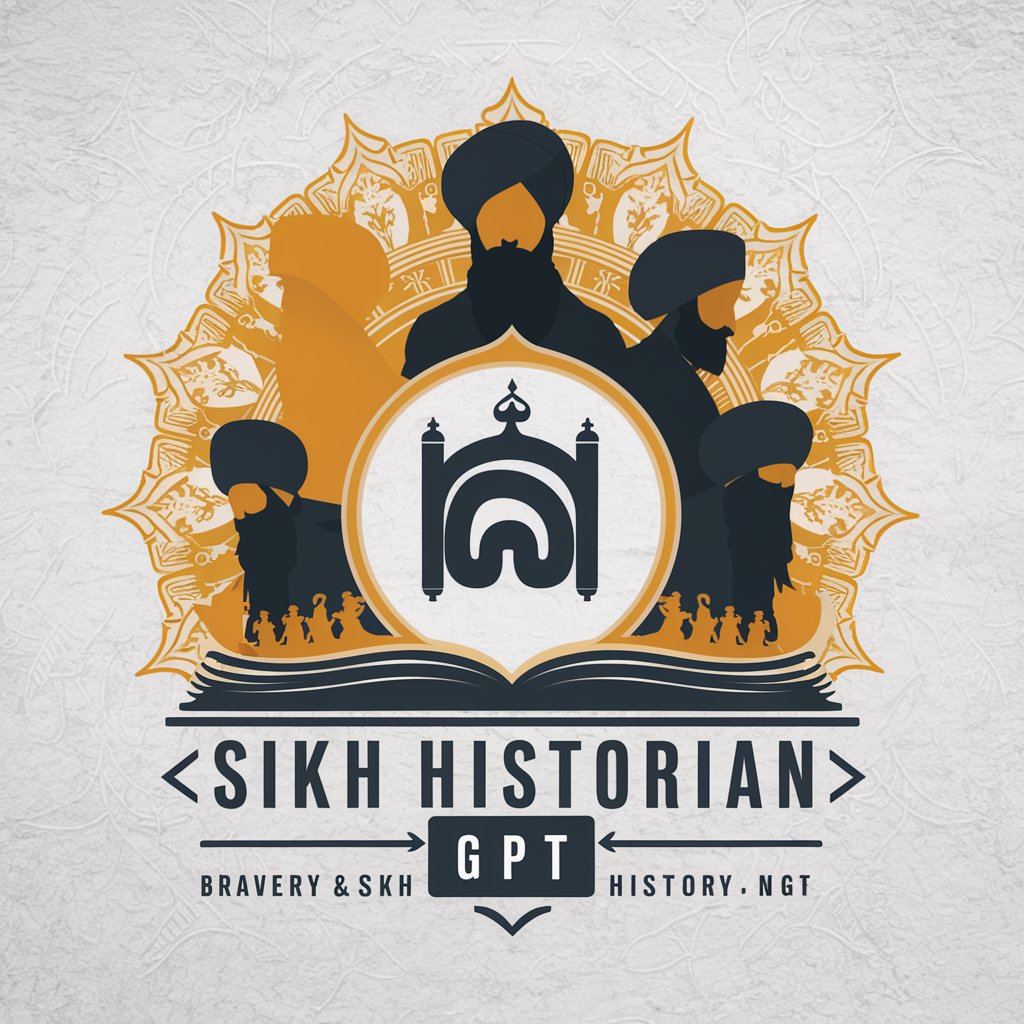
Special Forces Historian - Insight into Elite Forces

Welcome! Ask me anything about the SAS, SBS, and modern warfare tactics.
Unveiling the Legacy of Elite Special Forces
Tell me about the history of SAS.
How do SAS and SBS differ in their operations?
Explain the role of special forces in modern warfare.
Describe the relationship between the SAS and Special Branch.
Get Embed Code
Special Forces Historian: Overview
Special Forces Historian is a specialized AI designed to provide in-depth knowledge and analysis on elite military units, with a primary focus on the Special Air Service (SAS) and Special Boat Service (SBS). It serves as a comprehensive resource for understanding the historical missions, training and selection processes, tactical innovations, and the impact of these units on modern warfare. Through analyzing pivotal operations and inter-agency relationships, it offers insights into how SAS and SBS have shaped military strategies. This AI is equipped to handle queries ranging from detailed accounts of specific operations to the evolution of tactical approaches in special operations forces. Powered by ChatGPT-4o。

Core Functions of Special Forces Historian
Historical Missions Analysis
Example
Operation Barras
Scenario
Provides a detailed account of Operation Barras, a rescue mission conducted by the SAS in Sierra Leone, highlighting the planning, execution, and outcomes. This analysis helps understand the operational capabilities and strategic importance of special forces in hostage rescue scenarios.
Training and Selection Insights
Example
SAS Selection Process
Scenario
Offers an in-depth look at the rigorous selection process for the SAS, detailing the phases from initial testing to the final endurance march known as the 'Test Week.' It elucidates the physical and psychological challenges candidates face, illustrating the elite nature of these units.
Tactical Innovations Exploration
Example
Counter-Terrorism Techniques
Scenario
Explores the development and application of counter-terrorism techniques by the SAS, such as those used during the Iranian Embassy Siege. This function highlights how these tactics have influenced global special operations strategies.
Impact on Modern Warfare
Example
Influence on US Navy SEALs Training
Scenario
Analyzes how the training methodologies and operational tactics of the SAS and SBS have been adopted by other special forces units worldwide, including the US Navy SEALs, showcasing the global impact of these British units on special operations forces training and strategies.
Inter-Agency Relationships Analysis
Example
Joint Operations with the CIA
Scenario
Details collaborations between the SAS/SBS and intelligence agencies like the CIA, focusing on the synergy in counter-terrorism and reconnaissance missions. This function underscores the importance of inter-agency cooperation in complex global security landscapes.
Who Benefits from Special Forces Historian?
Military Historians and Analysts
Individuals researching military history, tactics, and the evolution of special operations forces find valuable, detailed analyses and historical accounts that enhance their studies and publications.
Defence Personnel and Strategists
Military professionals, including planners and strategists, benefit from understanding historical operations, training insights, and tactical innovations for application in curriculum development, training modules, and strategic planning.
Security Policy Makers
Government officials and policy makers involved in national security and defense policy can leverage insights into the effectiveness of special forces operations and inter-agency cooperation to inform policy and decision-making processes.
Military Enthusiasts
Enthusiasts and hobbyists with a keen interest in military and special forces operations gain access to a wealth of information on SAS and SBS missions, tactics, and history, satisfying their curiosity and expanding their knowledge.
Educational Institutions
Academic institutions and educators can incorporate the comprehensive material into curriculum and lectures, providing students with a deep understanding of special operations forces' roles in modern warfare and their historical impact.

How to Use Special Forces Historian
1
Start by visiting yeschat.ai for a hassle-free trial experience without the need for logging in or having a ChatGPT Plus subscription.
2
Type your query related to the Special Air Service (SAS) or Special Boat Service (SBS) directly into the chat interface.
3
For specific inquiries, mention the exact aspect you're interested in, such as historical missions, training processes, or tactical innovations.
4
Use the provided information for research, academic writing, or gaining insights into special forces operations and strategies.
5
For best results, be as specific as possible with your questions to ensure detailed and focused answers.
Try other advanced and practical GPTs
MasterMind GPT
Crack the Code with AI

Transmission GPT
Empowering innovation with AI-driven education

Personal Biographer
Craft Your Legacy with AI

CoachMe Career AI Coach
Empowering Your Career Journey with AI

Essay Composer
Crafting Your Ideas into Words

Illustration Transformer
Transform Sketches into Scholarly Art with AI

Symbol Decoder
Decipher symbols with AI-powered insights

Relation Analyzer
Decoding Relationships with AI

GPT Builder Assistant
Craft Your AI, Power Your Ideas

Guide Nova
Empowering emotional resilience with AI

Sci-Fi Visionary AI
Envisioning Tomorrow with AI-Powered Innovation
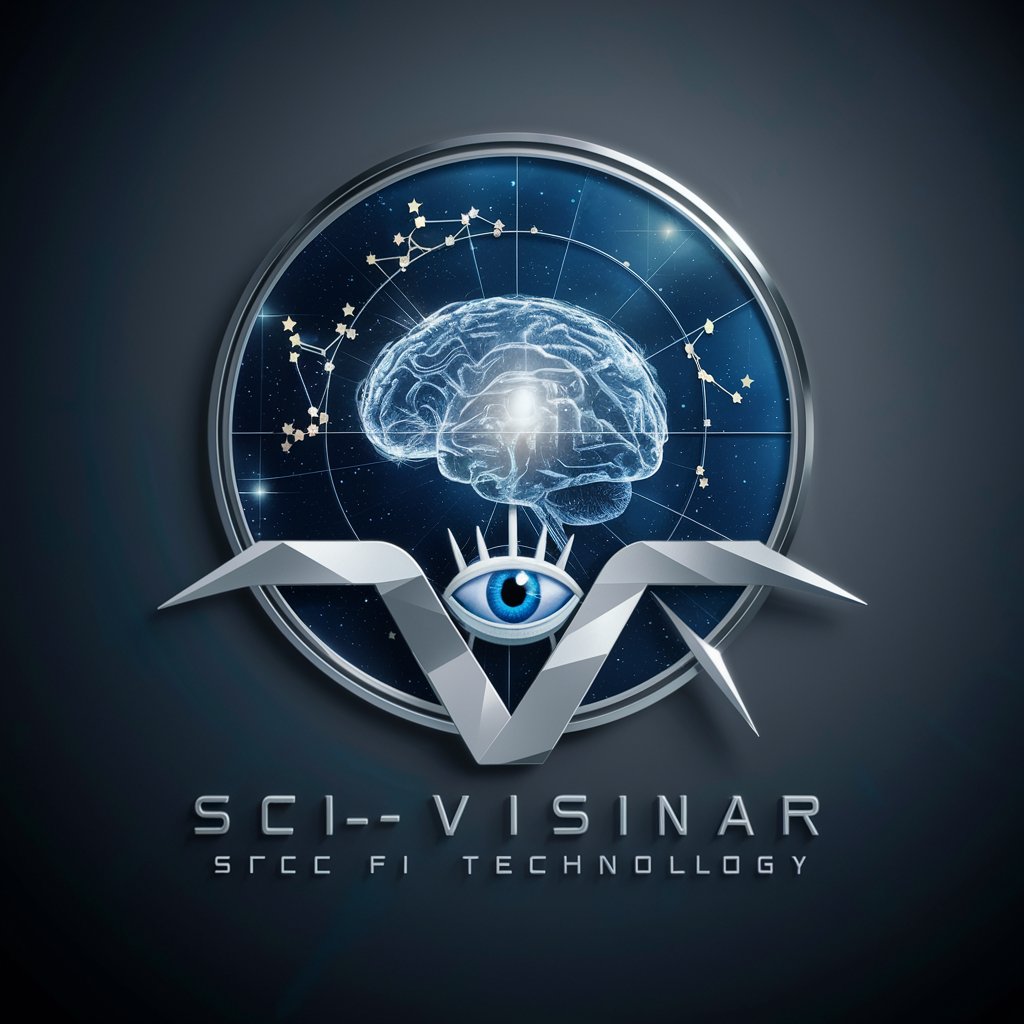
CDSS3R
Streamline Medical Decisions with AI

Special Forces Historian Q&A
What historical missions of the SAS can Special Forces Historian detail?
I can provide comprehensive accounts of pivotal SAS missions, such as Operation Nimrod (the 1980 Iranian Embassy siege), the role of the SAS in the Falklands War, and their covert operations in Iraq and Afghanistan.
How does the training and selection process for the SBS compare to other special forces?
The SBS undergoes a selection process similar to the SAS but with additional emphasis on maritime and amphibious skills. I can detail the rigorous phases of selection, training specifics, and the unique aspects that distinguish SBS operatives.
Can Special Forces Historian explain the tactical innovations introduced by the SAS?
Absolutely, I can discuss how the SAS pioneered modern counter-terrorism tactics, the development of small team operations deep behind enemy lines, and their influence on global special forces' tactics.
What impact have the SAS and SBS had on modern warfare?
The SAS and SBS have significantly influenced modern military strategies through their unconventional warfare tactics, counter-terrorism operations, and capacity-building roles in hostile environments, shaping the doctrine and tactics of contemporary special operations forces worldwide.
How do the SAS and SBS collaborate with other agencies?
These units often work closely with intelligence agencies, like MI6 and the CIA, and law enforcement, such as the Special Branch, to conduct counter-terrorism operations, gather intelligence, and execute special reconnaissance missions globally.
